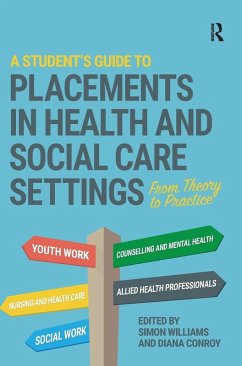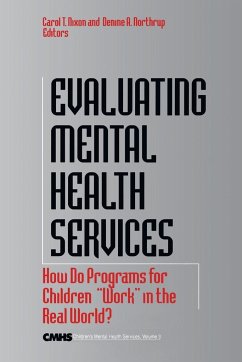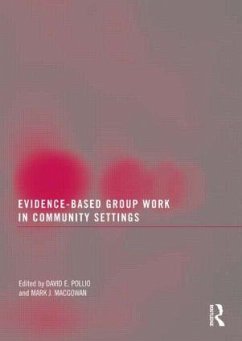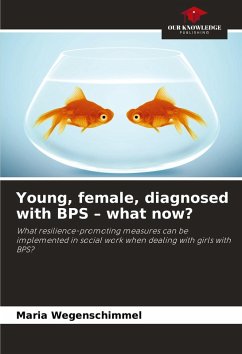
Mental Health Care Services in Community Settings
Discussions on NGO Approaches in India
Versandkostenfrei!
Versandfertig in 6-10 Tagen
38,99 €
inkl. MwSt.
Weitere Ausgaben:

PAYBACK Punkte
19 °P sammeln!
This book discusses approaches used by NGOs in formulating and implementing mental health care in the community in the context of high treatment gap, insufficient public expenditure on health, human resource shortages, heterogeneity of communities as well as cultural beliefs in India. It uses a qualitative case study approach to document and analyse the work of some major NGO-run community mental health programmes in India, all of which cater to vulnerable populations and are in different and diverse regional settings. It casts the spotlight on envisioning community mental health in policy and...
This book discusses approaches used by NGOs in formulating and implementing mental health care in the community in the context of high treatment gap, insufficient public expenditure on health, human resource shortages, heterogeneity of communities as well as cultural beliefs in India. It uses a qualitative case study approach to document and analyse the work of some major NGO-run community mental health programmes in India, all of which cater to vulnerable populations and are in different and diverse regional settings. It casts the spotlight on envisioning community mental health in policy and law, implementation by the government, how it is practised by select NGOs and the challenges involved in programme implementation. In doing so, it hopes to understand the trigger factors that have led to NGOs embarking on community mental health programmes: how needs of the community are understood, the funding mechanisms, how the human resource gap was addressed, type of networks formedin the community, therapeutic and social interventions, accountability mechanisms, achievements and limitations of the programmes. This book is for students and researchers in the fields of social work and psychology, and NGOs, government and funding agencies, and for those interested in understanding and working with community mental health programmes.












